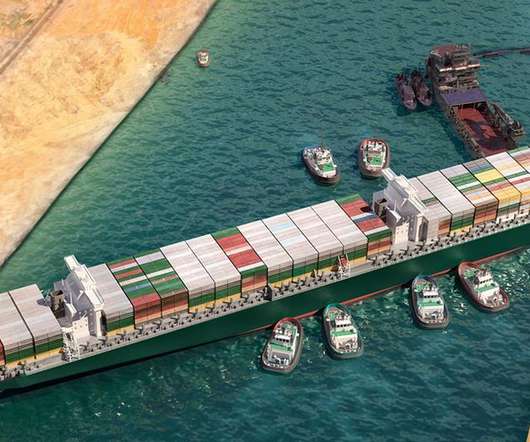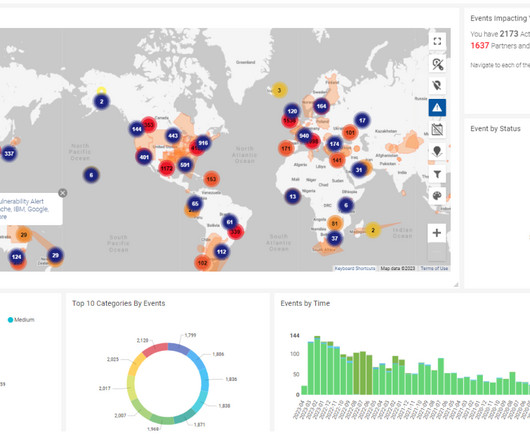Global Giants: ICAT Moves the World’s Largest Cargo with Chris Cser
The Logistics of Logistics
JULY 17, 2024
Chris is the Director of Operations at ICAT Logistics Detroit where they handle the shipments that other companies don’t, can’t, and won’t. He also discusses the importance of having a logistics partner with global expertise and the ability to provide flexible shipping options in the face of unexpected disruptions.






























Let's personalize your content